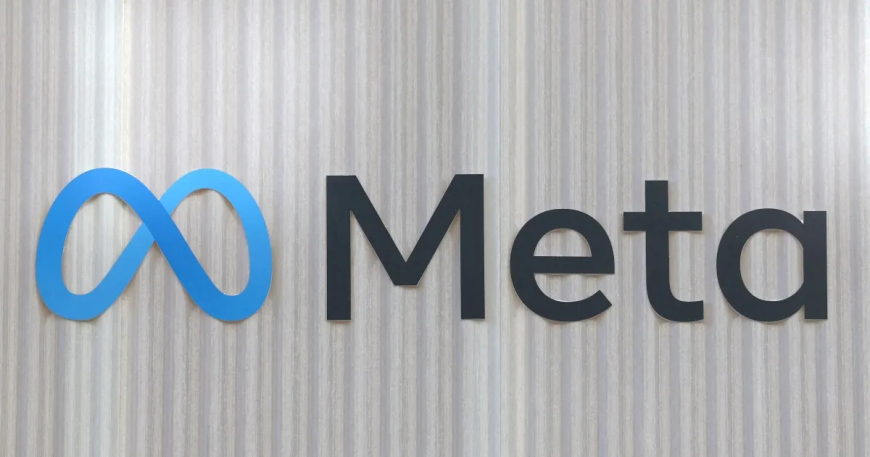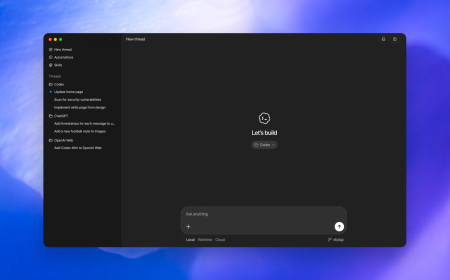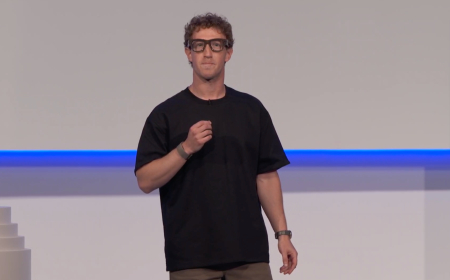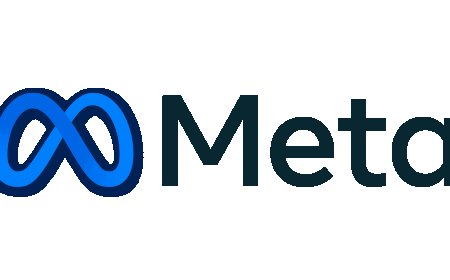Meta Expands Community Notes Fact-Checking With New Features
Meta expands its Community Notes fact-checking program with alerts for corrected posts, note requests, and rating features across Facebook, Instagram, and Threads.

Meta is enhancing its Community Notes fact-checking program with a set of new tools designed to improve transparency and user trust across Facebook, Instagram, and Threads. With these updates, users will now receive alerts when they interact with posts that later receive a Community Note, ensuring they are informed when content they’ve engaged with has been corrected. Additionally, Meta is allowing anyone to request a note or rate existing notes based on their helpfulness.
Although these features are currently being tested, Meta says they reflect its ongoing efforts to combat misinformation and misleading content. Since the launch earlier this year, over 70,000 contributors have created 15,000 notes, though only 6% have been published so far—highlighting the challenge of scaling such a system in a market as large as the U.S.
Meta’s initiative mirrors X (formerly Twitter), which introduced Community Notes in 2021. While X’s program has faced criticism for being too slow to counter viral misinformation, Meta hopes its own approach—where notes are published when contributors with opposing viewpoints reach consensus—will improve accuracy and context in fact-checking.
Still, experts raise concerns. The Center for Democracy and Technology (CDT) warns that misinformation often spreads faster than corrections, and more than 70% of election-related Community Notes in one study were never displayed to users. Critics also question whether this system will be as effective in visual-heavy environments like Instagram Reels or within private Facebook Groups, where misinformation often circulates unseen.
Advocacy groups are urging Meta to increase transparency by publishing metrics on how many users view corrected posts and by making Community Notes data publicly available. They are also encouraging the company to reconsider its decision to phase out traditional fact-checking partnerships, which provided additional layers of verification.
With these changes, Meta signals its ambition to build a community-driven fact-checking model that empowers users to fight misinformation collaboratively. However, whether the system can operate effectively at scale remains an open question.
Sources:
- https://www.demandsage.com/facebook-statistics/
- https://www.statista.com/topics/5323/facebook-usage-in-the-united-states/#statisticChapter
- https://www.washingtonpost.com/technology/2024/10/30/elon-musk-x-fact-check-community-notes-misinformation/
- https://cdt.org/insights/making-metas-community-notes-work-current-challenges-and-opportunities/
What's Your Reaction?
 Like
0
Like
0
 Dislike
0
Dislike
0
 Love
0
Love
0
 Funny
0
Funny
0
 Angry
0
Angry
0
 Sad
0
Sad
0
 Wow
0
Wow
0



















































